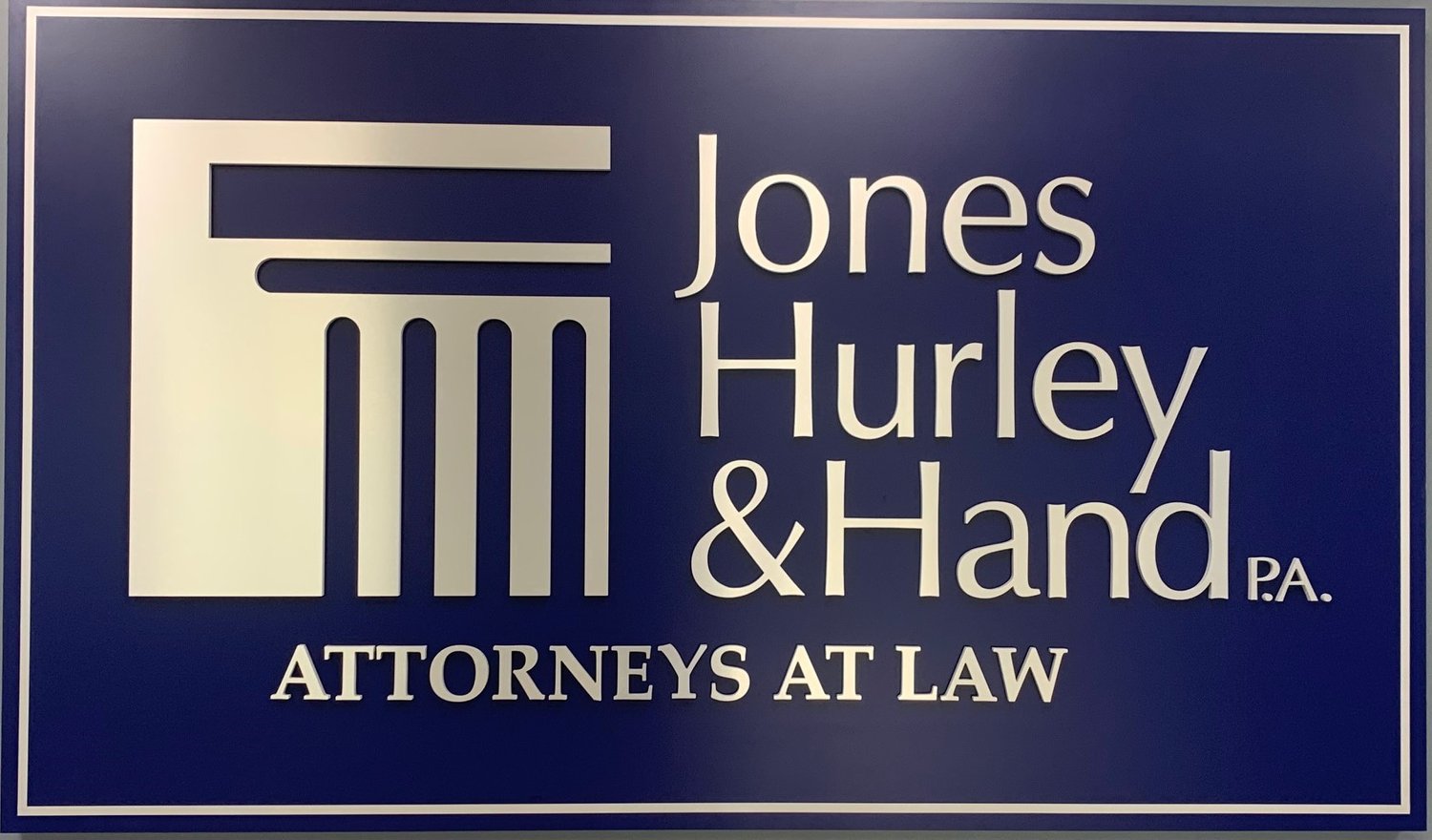Amid the economic doldrums of recent times, the fast-food industry has been one of the biggest job creators. So far this year, it has added employment at a four percent rate, which stands to make this the third straight year at that pace. If only the entire economy had done so well.
But no good deed goes unpunished. Recently, the National Labor Relations Board decided that McDonald's will have to play by a brand-new set of rules — and if that decision stands, it could
affect a lot of other businesses in fast food and other sectors. It's a mistake that needs to be
reversed before it does real damage.
The ruling by the NLRB's general counsel says that McDonald's can be held liable for the
employment decisions made in its franchised outlets, which number some 13,000 in this
country. So if a rogue franchisee in Sasquatch Hollow violates the law on overtime or wages,
the Oak Brook-based corporation can face sanctions.
"This decision changes the rules for thousands of small businesses, and goes against decades
of established law regarding the franchise model in the United States," the company said. The
National Retail Federation called it "outrageous." The Services Employees International Union
tweeted gleefully, "HUGE victory for labor & fast food workers!"
Neither side is exaggerating. Imposing this model on McDonald's would upend a franchise
system that has worked well for owners and consumers — and provided millions of jobs, many
of them for people who arrive with few skills. By assigning McDonald's responsibility for wages, hours, hiring and firing, the agency would make it far easier for labor organizers to turn all these restaurants into one big union shop. Local McDonald's owners would see their wages set via a union contract negotiated by faraway corporate executives.
The NLRB takes the view that the company has so much control over the operations of its
franchises that it might as well own them. But it's a hard case to make. Franchise owners decide how many workers to employ, do the hiring, set each employee's pay, hours and duties, fire those who don't work out, and more. Franchising is common in all sorts of businesses, from real estate to autos to hotels. It has spread because it has proven its value in a competitive
marketplace.
"The franchise business model is predicated on the idea that franchisers do not involve
themselves in those aspects of employment," Andrew Puzder, CEO of CKE Restaurants, which
includes Hardee's and Carl's Jr., wrote in The Wall Street Journal. He contended the system
works "because it allows franchisees to control costs, such as labor, and reap the benefits of
running their businesses profitably." This change, he argues, "would essentially destroy the
business model."
The NLRB has long recognized how the model works. But suddenly it has decided to change
settled rules on which much of the economy has been built. The new liability would invite a
plague of lawsuits, while forcing corporations to drastically alter their operations.
The impact is potentially huge, since more than eight million people work for franchise
operations — 15 percent of all private sector jobs in this country. And that's leaving out the
consequences for consumers, who are even more numerous. McDonald's alone serves 25
million Americans every day.
Unions think they would have better luck dealing with one giant company than with thousands of individual operations, and they may be right. But the best thing for workers is a profitable,
growing sector built on a proven system. If that system falls by the wayside, a lot of their jobs
will go with it.
